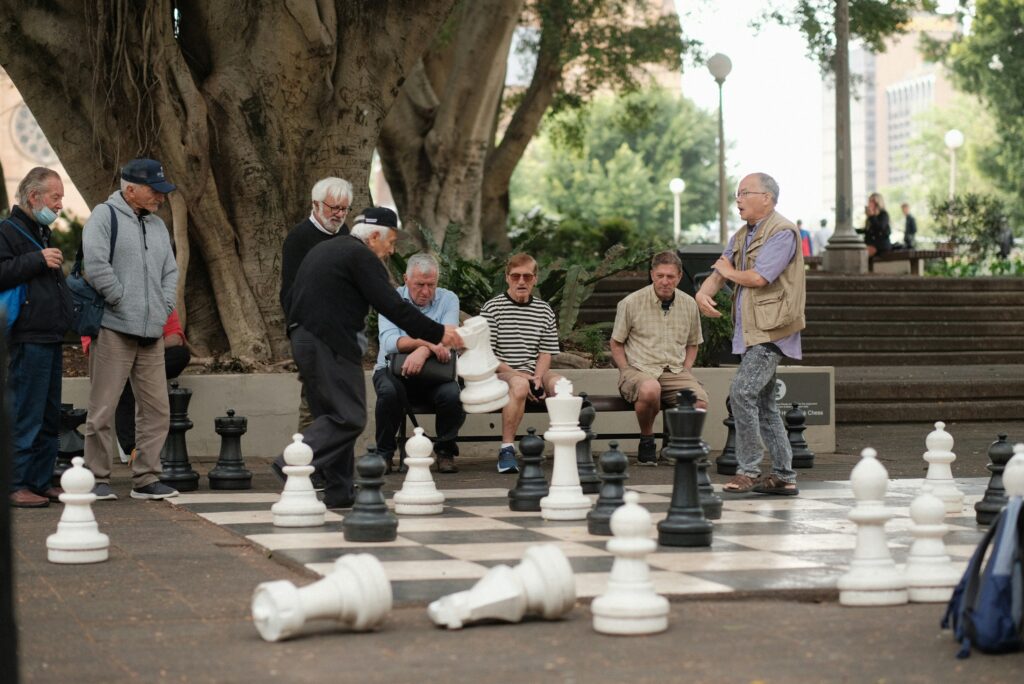Traveling as a student opened my eyes to new cultures and experiences, but it also came with an unexpected emotional weight: homesickness. Despite the thrill of being in a new country, I found myself missing the comfort of home, family, and familiar routines. Managing homesickness became a necessary part of my travel journey, and over time, I developed strategies that helped me cope and grow stronger emotionally.
The first step was acknowledging my feelings instead of suppressing them. According to the American College Health Association, homesickness is common among students abroad and can impact both mental and physical health (“ACHA-NCHA National College Health Assessment”). Accepting that it’s okay to feel homesick allowed me to process those emotions more constructively.
I made it a habit to stay connected with loved ones through regular video calls and messages. Having scheduled calls gave me something to look forward to and helped maintain a sense of closeness. However, I also made an effort not to rely too heavily on communication with home, as it could pull me away from engaging with my new environment.
Creating a “home away from home” was also essential. I decorated my living space with photos, small comforts from home, and personal items that made the unfamiliar feel familiar. Exploring local cafes, joining student groups, and volunteering allowed me to build new routines and friendships, which reduced the sense of loneliness.
Most importantly, I practiced self-compassion. I reminded myself that it was okay to struggle and that adjusting takes time. In the end, facing homesickness made me more resilient, independent, and appreciative of both home and the world beyond it.
Works Cited
http://www.acha.org/NCHA http://www.acha.org/NCHA. Accessed 17 May 2025.“



























